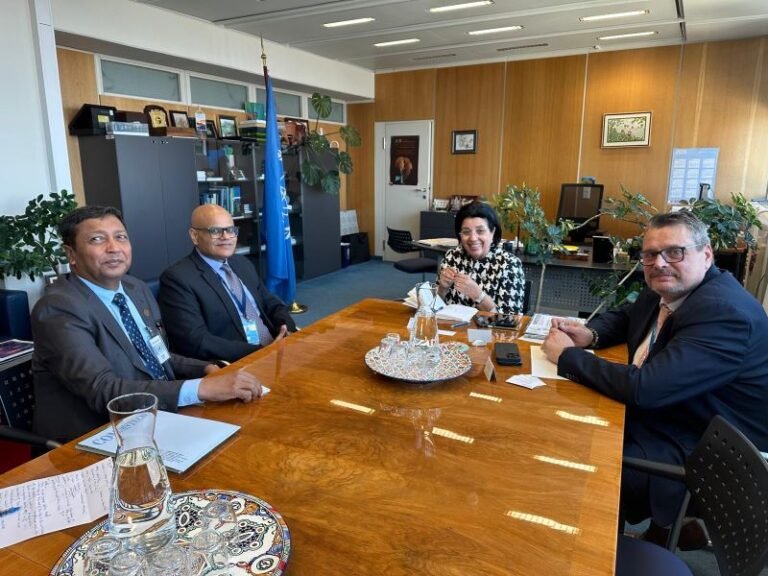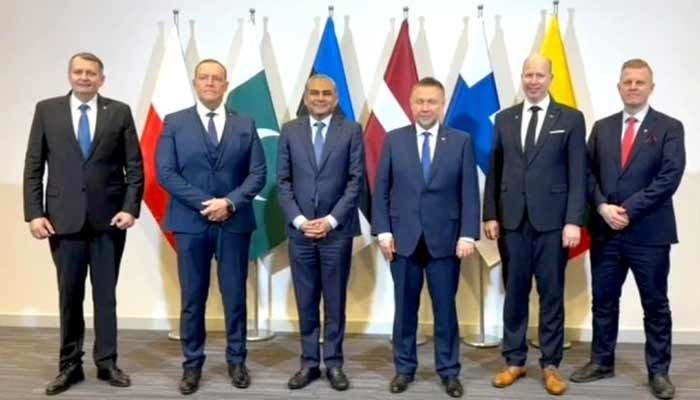Rome, 2 December 2021 (TDI): Minister Dr. Ahmed Awad bin Mubarak participated in a meeting with Amir Abdullah, Deputy Executive Director of the World Food Program (WFP). The meeting was held to align humanitarian and development work through the implementation of projects focused on peace and cooperation.
However, while Deputy Executive Director Amir Abdullah highlighted the great efforts made by the program, Dr. Mubarak pointed out the importance of expanding the school feeding program. Moreover, the strengthening of the local industry of Yemeni products.
In addition to that, Yemen’s Foreign Minister warned about the threat posed by the accumulation of water. It is called the safest reservoir for the environment and food security, which especially affects the fishing sector. This without considering “the effects of contamination that the operations of the Houthi militia will cause if they continue”, declared Minister Dr. Ahmed Awad bin Mubarak. In mentioning these premises, he also requested the international community to mobilize the necessary financial resources and their efficient allocation to finance the Strategic Plan of the program in Yemen.
The role of WFP in Yemen’s humanitarian crisis
All this considering the emergency call from the head of the U.N. food agency, David Beasley, who is a high-level meeting on the humanitarian crisis in Yemen on September 23, mentioned that “the WFP is running out of money again and without new funds, there will be reductions in rations for 3.2 million people in October and 5 million in December”. Therefore, the Foreign Minister pledged to continue providing the facilities for WFP’s work.
Finally, and for his part, WFP’s Deputy Executive Director expressed concern about the detrimental situation of cities in Yemen. All in consequence of the devaluation of the Yemeni rial and its impact on access to food. In this line, Amir Abdullah pointed out that the WFP will increase the number of Yemeni beneficiaries including small business owners.
Arantza Renteria is a Peruvian third-year student of International Relations with a specialization in cooperation and development.
Her work experience mostly covers Middle Eastern affairs. Her area of expertise is the Levant. Among these countries, Lebanon, Iraq, and Palestine.
She has worked in intercultural governmental and non-governmental work environments, including the Embassy of Palestine in Lima.
Currently, she leads the Middle East and Gulf Research Desk at The Diplomatic Insight.
- This author does not have any more posts.















